Chinese households spent more during the National Day holiday from October 1-7 - the "Golden Week" for the tourism and service industry, recording significant revenue increases in many areas, from tourism to catering services, accommodation...
 |
| Many tourist attractions are packed with people during "Golden Week" in China. (Source: Xinhua) |
Chinese consumers spent more freely during the week-long holiday amid rising market confidence after the government launched an economic stimulus package in late September. Spending figures released on October 8 were positive, especially as the country’s top economic planners pledged further action to boost the economy.
According to the Ministry of Culture and Tourism of China, from October 1 to 7 - "Golden Week" and the longest holiday period, Chinese people made 765 million domestic trips, up 5.9% year-on-year and 10.2% year-on-year in 2019. Domestic tourists also spent 700.82 billion yuan ($99 billion), up 6.3% year-on-year and 7.9% year-on-year.
The Beijing Culture and Tourism Bureau also reported record highs in both tourist arrivals and tourism revenue over the past week on October 7. The capital welcomed 21.6 million visitors, marking an increase of 18.35 percent year-on-year, with total tourism revenue reaching 26.88 billion yuan, up 11.67 percent.
In the “consumption capital” of Shanghai, which has seen retail sales slump in the past few months, total spending on tourism, including dining and entertainment, reached 26.92 billion yuan during the holiday week – up 4.6% year-on-year – while the total number of visitors reached 18.62 million, the same as in the same period in 2023.
According to the China Film Association, the country's box office revenue reached 2.1 billion yuan ($297 million), with more than 52 million people flocking to cinemas during the holiday.
China's film industry, which has been slowing this year, has recovered from a summer slump that saw revenue fall more than 40% year-on-year.
Despite this improvement, the country's box office revenue was still lower than last year's holiday revenue, which totaled 2.73 billion yuan over eight days.
Research by investment bank CICC said that the upturn in sales across sectors "reflects increased consumer willingness and restored confidence".
The study also highlighted strong performance in long-distance travel, cross-border trips and cultural and leisure activities, while noting strong growth in sales of household goods and jewellery.
“CICC remains optimistic about the continued support and impact of further consumption-boosting policies on the consumer market,” the research said.
Data from China's leading online shopping platform Meituan showed that daily food consumption increased 33.4% year-on-year in the first five days of the holiday.
In Shanghai, total online and offline spending on food services from September 30 to October 6 reached 67.6 billion yuan, up 3.2 percent year-on-year, with offline food services accounting for 8 billion yuan, posting double-digit growth. This was largely due to a 500 million yuan consumption coupon policy announced by the city government late last month.
China's swift policy interventions and promotional activities ahead of the National Day holiday have also brought warmth back to the property market after a long period of coldness.
Notably, sales data from major cities showed a surge in new home purchases, with projects in provinces and cities such as Beijing, Guangzhou, Hunan and Sichuan seeing arrivals increase by as much as 50% year-on-year. From October 1 to 5, commercial housing transaction area in Shanghai increased by 43.87%, while Beijing increased by 30.62% year-on-year.
"Real estate agents and sales managers expect a stronger market recovery than the easing cycle in May, as sentiment was boosted by the Politburo meeting that addressed measures to stabilize the property market and amid rising stock markets," said John Lam, head of China and Hong Kong real estate research at UBS Investment Bank.
Source: https://baoquocte.vn/sau-goi-kich-thich-kinh-te-khung-trung-quoc-bung-no-chi-tieu-dip-tuan-le-vang-289390.html








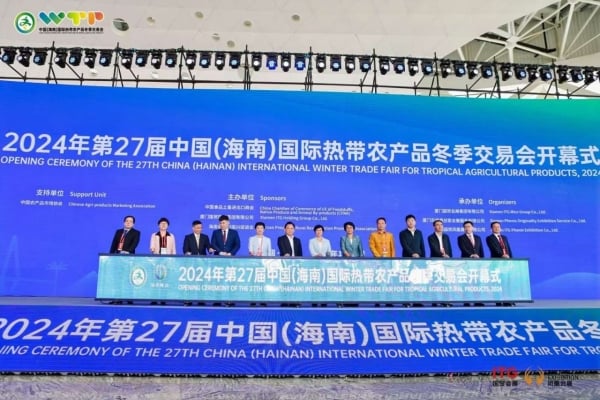

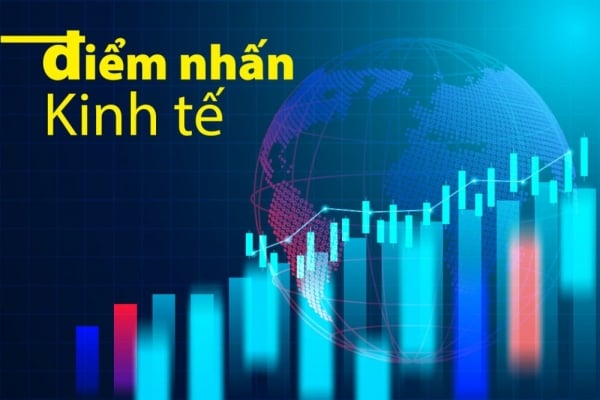
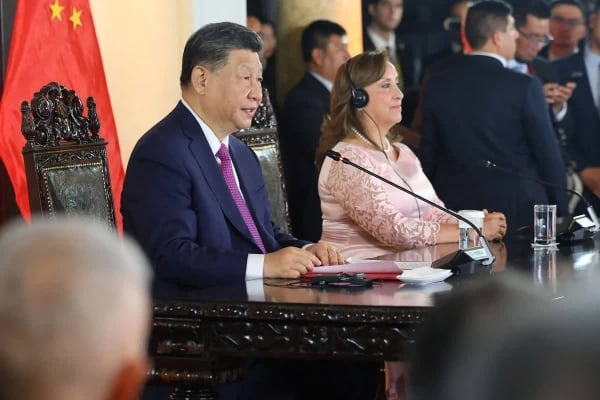
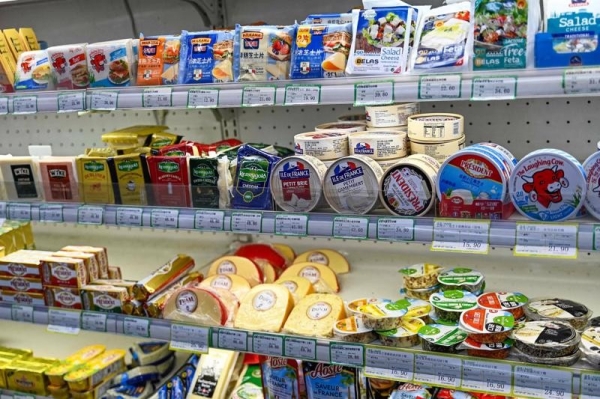


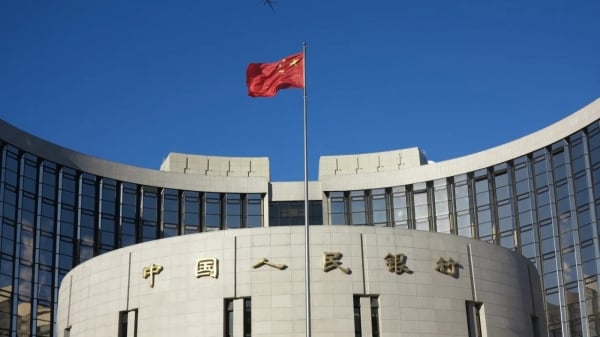


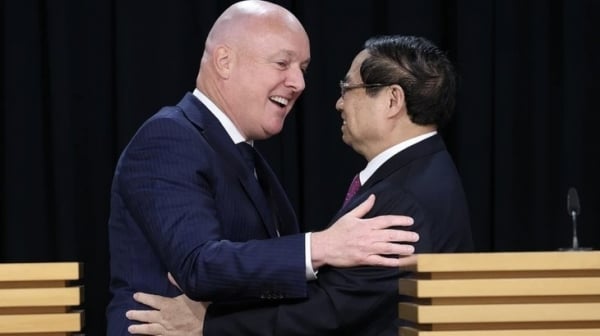






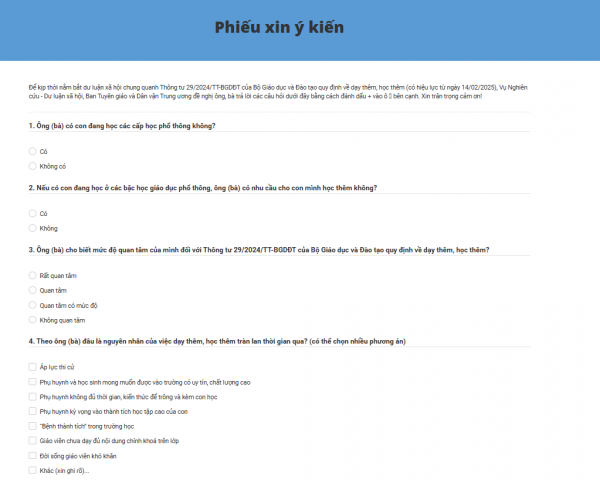














Comment (0)